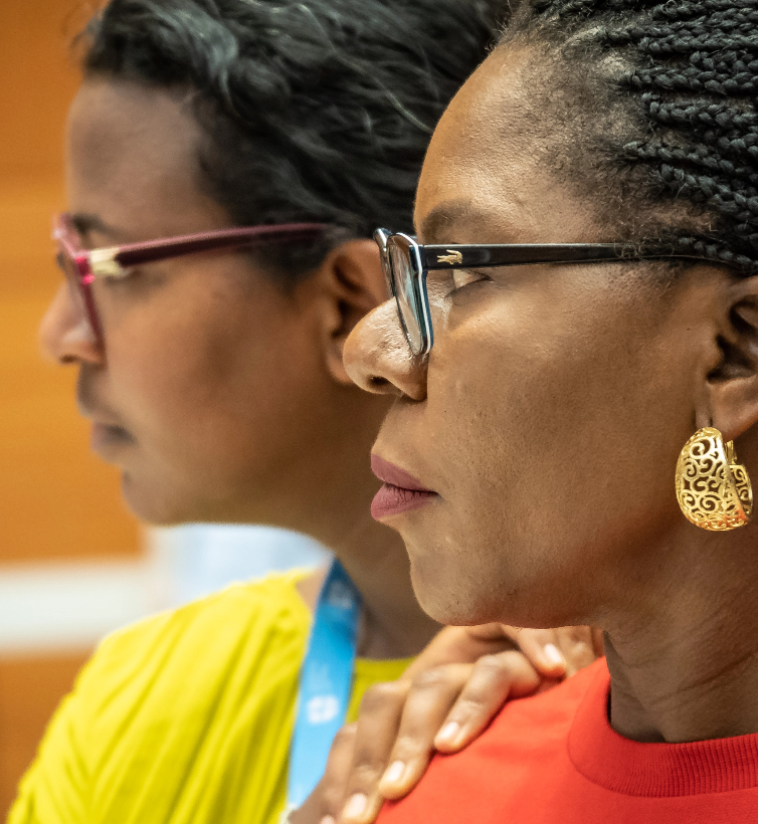
Gender justice
Transforming relationships and addressing imbalances and injustice
All people are created in God’s image as equals in rights and dignity. That is the theological concept on which gender justice is based. Gender justice recognizes and addresses systems and situations of imbalance and injustice to help transform relationships between people.
Together with its member churches and World Service country programs, the LWF develops tools and resources to ensure gender equality at all levels of work and ministry. We do this through awareness raising, action, advocacy, and accountability to overcome discrimination, sexism, and violence. Partnering with the United Nations and other secular and faith-based organizations, we have a specific focus on women’s human rights and economic empowerment and the elimination of sexual and gender-based violence in churches and broader society. LWF views men and boys as partners in its quest for gender justice in both church and society.
Gender Justice Policy
The LWF Council approved the LWF Gender Justice Policy in 2013. Our faith reflection on gender and power of 2009 and inclusivity and gender justice resolutions of the Eleventh LWF Assembly held in Stuttgart, Germany, in 2010 laid the foundation for this vital tool. The gender justice policy will assist the communion in achieving equality between women and men by implementing measures that promote justice and dignity.
Collaboration with LWF programs
WICAS helps shape theological reflection from the Department for Theology and Public witness, focusing on gender perspectives and women in theology. We interact with the Department for Mission and Development through programs on inclusiveness, both globally and regionally, and we work jointly with the LWF's humanitarian arm, World Service, to ensure that staff and policies reflect the LWF understanding of gender justice.
Partners
Milestones in LWF history

Photo: LWF/S. Gallay

